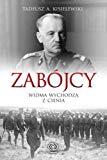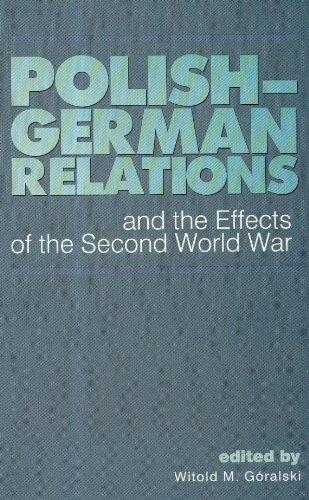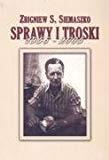
Zamach : Tropem Zabojcow Generala Sikorskiego
아직 평점이 없습니다
Action & Adventure
형식
하드커버
페이지
336
언어
폴란드어
출판됨
Jan 1, 2006
출판사
Dom Wydawniczy Rebis
판
Later Printing
ISBN-10
8373017674
ISBN-13
9788373017672
설명
Set against the backdrop of a tumultuous period in history, this narrative delves into the mysterious circumstances surrounding the assassination of General Władysław Sikorski. Tadeusz A. Kisielewski weaves together a tapestry of intrigue and investigative fervor, exploring both the personal and political motives that may have played a role in this pivotal event.
Through meticulous research and a compelling narrative style, Kisielewski uncovers layers of conspiracy and speculation that shroud the life and death of a key figure in Polish history. The author’s acute attention to historical detail invites readers to immerse themselves in the political landscape of the time, fostering an understanding of how the machinations of power could lead to such a tragic fate.
The text not only recounts events leading up to the assassination but also contemplates the broader implications for Poland and its people. It challenges readers to consider the legacy of leadership and sacrifice in the face of adversity, presenting a nuanced portrait of a man who straddled the worlds of military strategy and national identity.
With a blend of history and mystery, Kisielewski’s work encourages critical examination of the stories that shape our understanding of the past, making it a compelling read for anyone interested in the complex tapestry of 20th-century history and its enduring effects.
Through meticulous research and a compelling narrative style, Kisielewski uncovers layers of conspiracy and speculation that shroud the life and death of a key figure in Polish history. The author’s acute attention to historical detail invites readers to immerse themselves in the political landscape of the time, fostering an understanding of how the machinations of power could lead to such a tragic fate.
The text not only recounts events leading up to the assassination but also contemplates the broader implications for Poland and its people. It challenges readers to consider the legacy of leadership and sacrifice in the face of adversity, presenting a nuanced portrait of a man who straddled the worlds of military strategy and national identity.
With a blend of history and mystery, Kisielewski’s work encourages critical examination of the stories that shape our understanding of the past, making it a compelling read for anyone interested in the complex tapestry of 20th-century history and its enduring effects.

![Dziewięć spojrzeń na Powstanie Warszawskie (w latach 1969-2014) - Zbigniew Siemaszko [KSIĄŻKA]](https://images.bookpine.com/9e84420d-f81e-4b52-96f5-01a831758392.jpg)

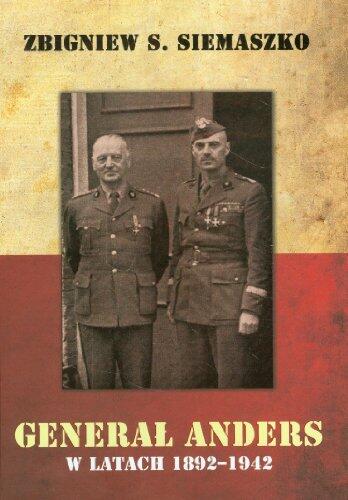

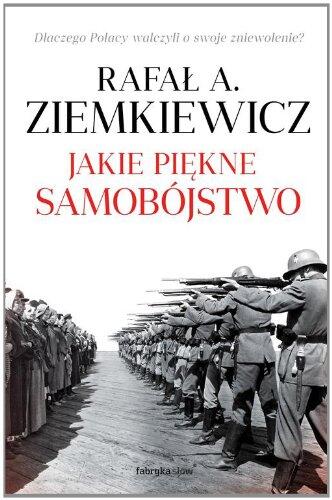

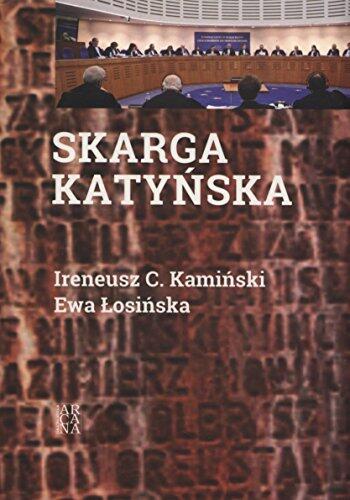

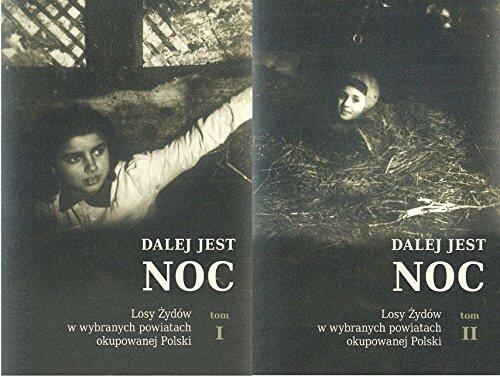

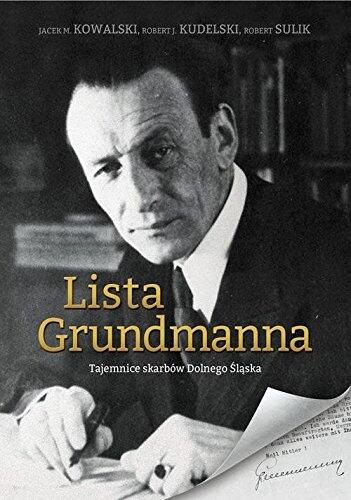
![Project Eagle - John S. Micgiel [KSIÄĹťKA]](https://images.bookpine.com/ca77e6f3-ed02-4dd2-89fb-bca4783a1eb7.jpg)

